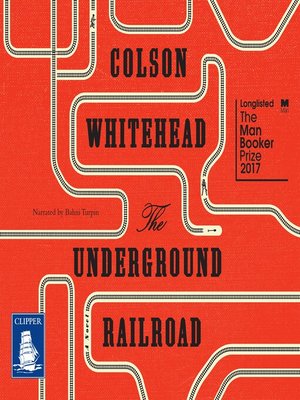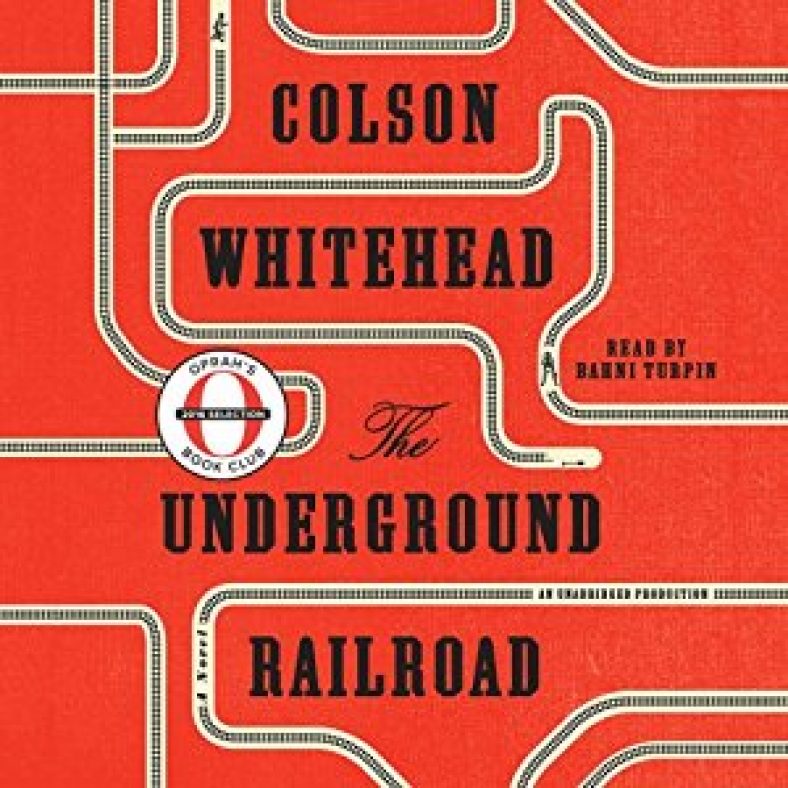

Cora’s journey into an alternative antebellum America takes her to South Carolina, where a paternalistic regime of uplifting Black people hides sinister intentions North Carolina, of the horrific Freedom Trail, where Black people are banned entirely, on pain of death Tennessee, smoldering from a biblical litany of disasters and Indiana, where free Black families nurture a tenuous prosperity. That face proves to be multiple and monstrous. “Just look outside as you speed through,” a railway worker tells them, “and you’ll see the true face of America.” It’s a rough-hewed network that honeycombs the country, its stations ranging from grotty caverns to palatial terminals.



But in a magic-realist twist, this underground railroad is no metaphor. One escapee is flayed and burned to death on the lawn while the owner and his guests enjoy a sunlit banquet and dancing - a vision of hell as entertainment in someone else’s heaven.Īs in several recent stories - the movie “Harriet,” the series “Underground” - an abolitionist network abets Cora and Caesar’s escape. At heart, it’s an escape story Cora and her friend Caesar (Aaron Pierre) flee a Georgia cotton plantation whose owner has a taste for grotesque punishments. Jenkins’s series sets its terms in the first episode. You will see a stirring, full-feeling, technically and artistically and morally potent work, a visual tour de force worthy of Whitehead’s imaginative one. But you will also see humanity and resistance and love. If you choose to watch “The Underground Railroad,” whose roughly 10 hours arrive Friday on Amazon Prime Video, yes, you will see atrocities. Who does need to see this? Who can bear to? Jenkins (“Moonlight”) has said that this sort of question gave him pause in deciding whether to make the series.īut make it he did. But it recalls a recurring issue raised by other depictions of violent oppression, from the racial horror stories of “Lovecraft Country” and “Them” to the endless replaying of George Floyd’s murder. In the novel, the line is, “I wanted you to see this.” It’s a tiny change, and I don’t know how intentional it is. Along the road they’re traveling, grimly called “The Freedom Trail,” the trees are hung with lynched corpses. In Barry Jenkins’s transfixing adaptation of Colson Whitehead’s “The Underground Railroad,” Martin (Damon Herriman), a white man smuggling Cora (Thuso Mbedu) as she escapes slavery, rouses her before dawn to witness something ghastly.


 0 kommentar(er)
0 kommentar(er)
